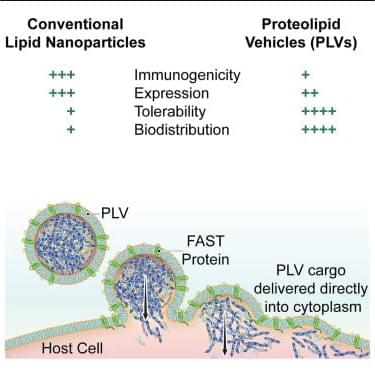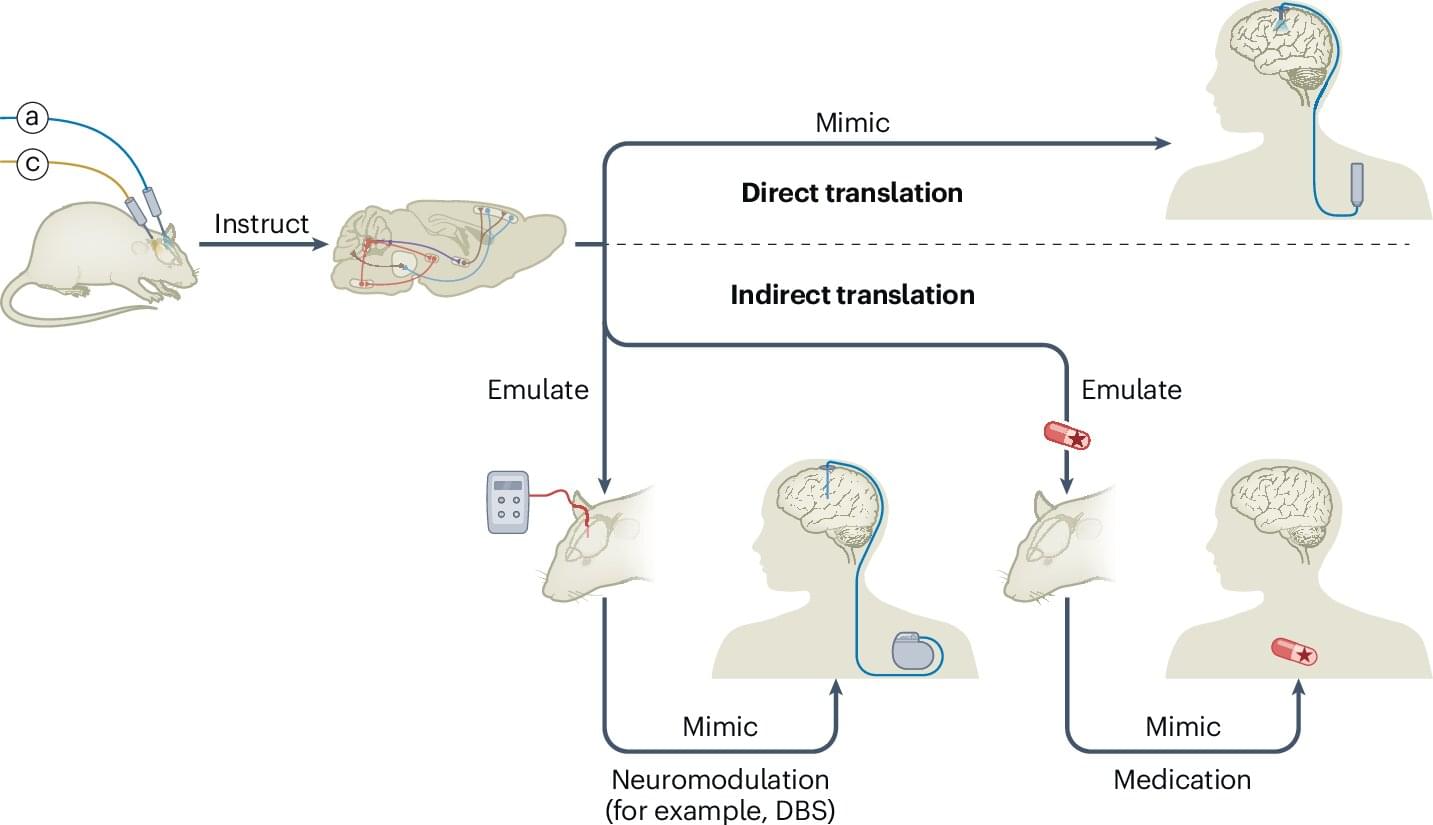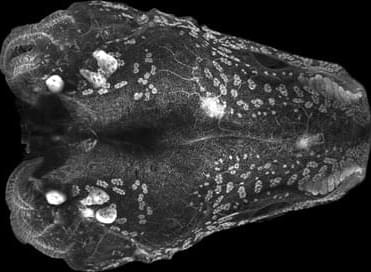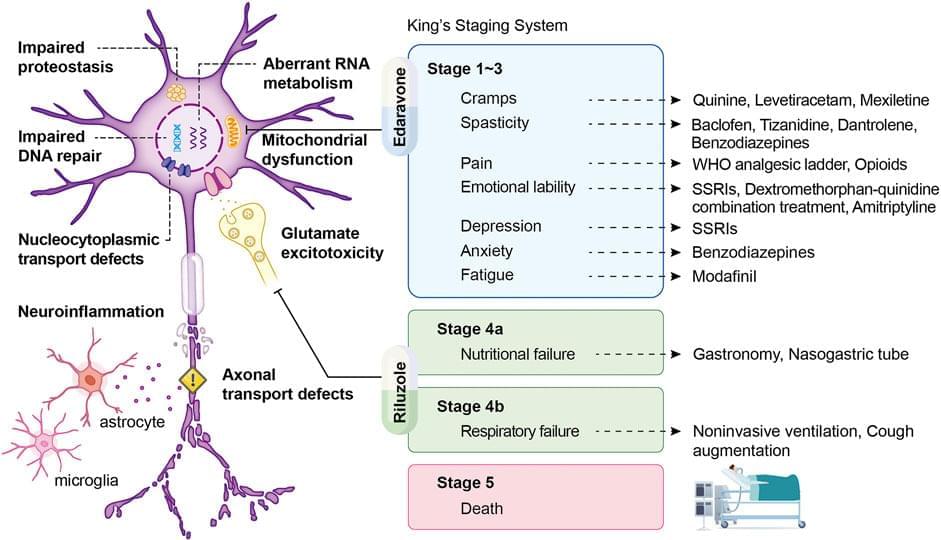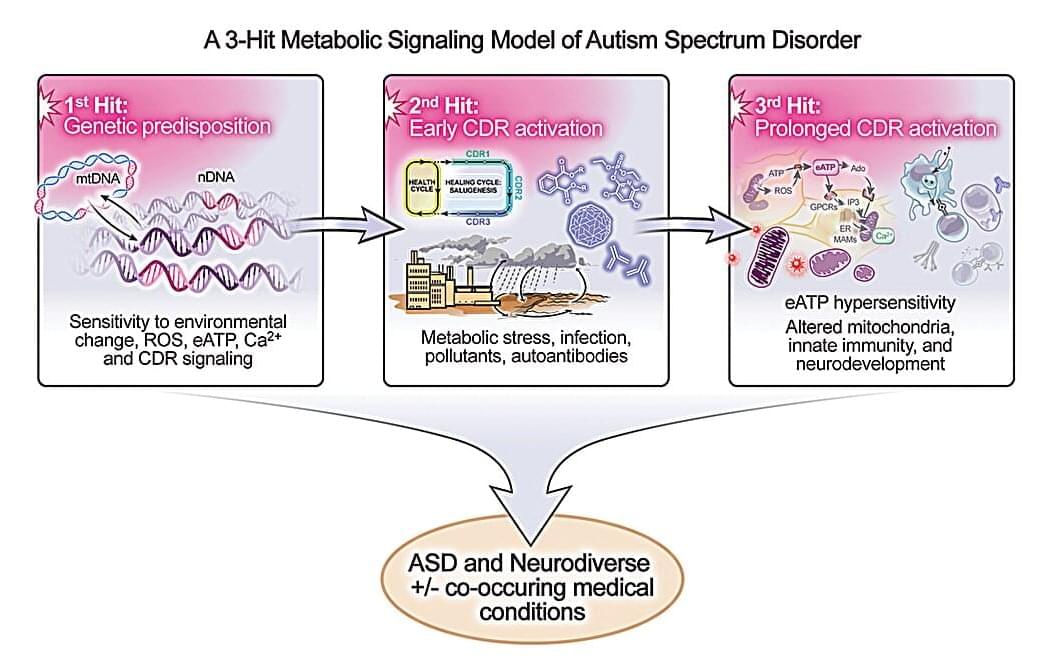In humans, the loss of thymic function through thymectomy, environmental challenges, or age-dependent involution is associated with increased mortality, inflammaging, and higher risk of cancer and autoimmune disease (1). This is largely due to a decline in the intrathymic naïve T cell pool, whose generation is orchestrated by the thymic stroma, particularly thymic epithelial cells (TECs) (2). Upon challenges that affect the TEC compartment, the thymus is capable of triggering an endogenous regenerative response by engaging resident epithelial progenitors with stem cell features (3–5). Yet, after age-related atrophy or thymectomy resulting from myasthenia gravis or tumor removal (1), this regenerative response is unable to overcome the loss of thymic tissue, highlighting the need for therapeutic interventions.
The restoration of thymic functionality has been achieved to a limited extent via strategies targeting the thymic epithelial microenvironment or hematopoietic progenitors, modulating hormones and metabolism, or through cellular therapies and bioengineering (6). In mice, the up-regulation of Foxn1, a key transcription factor for thymus development and organogenesis (7), either directly or via its upstream effector bone morphogenetic protein 4 (BMP4), can support activity of cortical TECs (cTECs) (8, 9). Further, a combination of growth hormone and metformin has been shown to restore thymic functional mass in humans (10). Nevertheless, such strategies only lead to delayed thymic involution, and examples of complete thymus regeneration have not yet been described among vertebrates.
Because of its remarkable regenerative abilities that extend to parts of the brain, eye, heart, and spinal cord, and even entire limbs, the axolotl (Ambystoma mexicanum) is a powerful model for regeneration studies (11). The axolotl has offered insights into the mechanisms of positional identity (12), cell plasticity (13, 14), and the molecular basis of complex regeneration (15–18). The regeneration of axolotl body parts relies on remnants of the missing structure, with the exception of lens tissue, which can regrow from dorsal pigmented epithelial cells during a short window during development (19). However, whether de novo regeneration can occur for an entire complex organ, in axolotls or any other vertebrate, is unknown.
